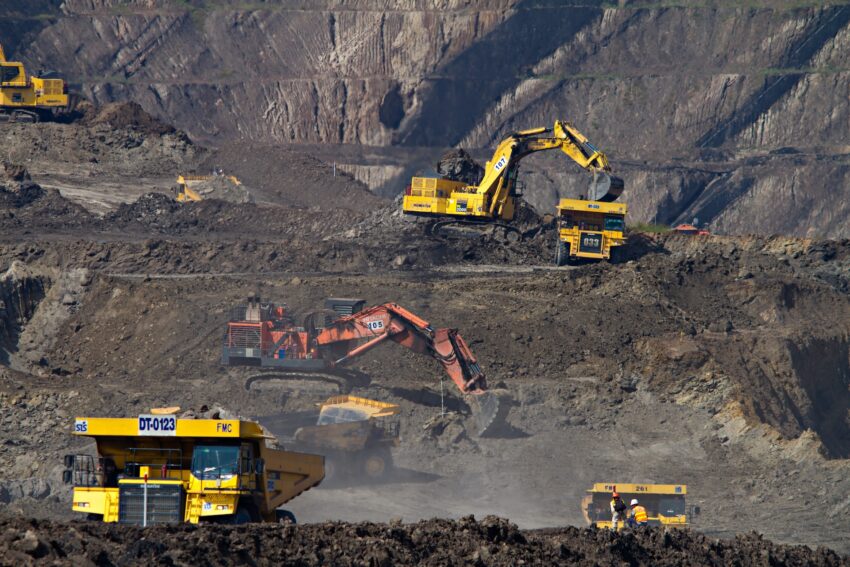Anyone looking for a career operating heavy construction equipment should begin by seeking an NCCER certification. Employers won’t even consider hiring you if you don’t have certification from an accredited organization. In fact, they aren’t legally allowed to hire you at all unless you have that all-important proof of your safety training and skill behind the controls of the heavy equipment.
What’s an NCCER certification, though? And why is it so important? And how do you go about getting certified so you can take your construction career to the next level?
NCCER
NCCER stands for National Center for Construction Education and Research. It’s an organization founded and run by industry professionals that seeks to standardize safety protocols and ensure that all heavy equipment operators across the country are held to the same strict standards for excellence. With their headquarters in Alachua, Florida, the NCCER has training centers and testing sites across the country, to make it possible for anyone who seeks certification to do so.
They don’t stop at simply certifying their candidates either: their Build Your Future program will help you connect with others in the industry and create a great new career for yourself.
Certifications
NCCER offers many different types of certifications. With each one, you will receive a certificate of completion, as well as a card to keep in your wallet. A transcript is also offered to demonstrate your completion of the program.
The certification you receive will depend on the program that you choose to go through. However, all of the NCCER programs require you to first take the Core program. Which is why West Coast Training includes the Core program in our eight-week Heavy Equipment Operator course. This covers the basics, which will apply to every level of NCCER certification. Basic safety, communication, construction math, and construction drawing are in the Core curriculum, which will then apply to every other program that you may choose to pursue.
You then go on to pursue the career pathway that interests you. You can earn an electrical certification or one in pipe laying or maritime construction. You may opt to go for crane, rigger, and signal person training; learning about sustainable construction; or heavy equipment operator certification. You can also decide to earn a certification in construction management or maintenance.
There are plenty of pathways you can pursue from there, such as advanced construction. You can even choose to become an instructor yourself.
What You Will Study
You must complete the Core program before you can move on to studying specific equipment types. Training will include spending part of your time in the classroom, learning standard operating procedures for heavy equipment operation. You’ll study the basics of workplace safety and learn the ins and outs of the equipment you’re studying. The rest of your time will be spent in the field, actually practicing the controls of the machinery in an environment that simulates a real jobsite. At all times, you’ll be surrounded by skilled instructors, who will guide you to success in a safe and low-stress environment.
Upon completion of your training, NCCER will test both your knowledge of the subject you’re studying and your practical skills. In some cases, you can take the knowledge test online, although the practical test must be taken at an accredited testing site.
Where to Earn Your NCCER Certification
To become an officially certified heavy equipment operator, you have to find an accredited organization that has been approved by the NCCER to teach to their standards. To do this, simply head to the NCCER website and search in your area. There are thousands of locations across the United States, so in most cases, you should be able to find a training program fairly easily.
In some cases, you will have to choose between several different training schools. Sometimes, programs are offered through junior colleges, while others are offered through private organizations. In any case, the NCCER holds their member organizations to an extremely high standard for excellence, so you don’t have to worry about getting subpar training.
Even so, it’s worth doing a bit of research into the training organizations you’re considering. What have previous students said? Are they pleased with their training? How easily were they able to find a job after becoming certified? What about the location? Is it easy to access? What about housing availability? Is it a good place to train? Location does matter. You don’t want to choose a program with poor reviews or without nearby housing. Consider West Coast Training, for example. In addition to an amazing training program, students are located near both the Pacific Ocean and the Cascade mountain range and housing and transportation are both available.
In some cases, you might already have received heavy equipment training and will simply wish to earn a certification without going through a training program again. If you have received accredited training in the past, you can often opt to take an assessment test through the NCCER to bring all of your certifications up-to-date.
What To Do Once You Are Certified
Once you have received your NCCER certification, you will probably be eager to start looking for heavy equipment construction jobs in your area. The NCCER maintains a database of certified students and through their Build Your Future initiative helps to begin students on their ideal career path. In many cases, your crane operator school will also assist you in finding work, as West Coast Training does. They can help to connect you to employers in your area so that you can find work and put your certification to good use.
It’s possible, after earning your certification, that you will want to continue your training. After all, there’s no rule that says you must stop training with one or two certifications. You may choose to accrue a variety of certifications in various types of heavy machinery in order to increase your marketable skills and, thus, your employability.

